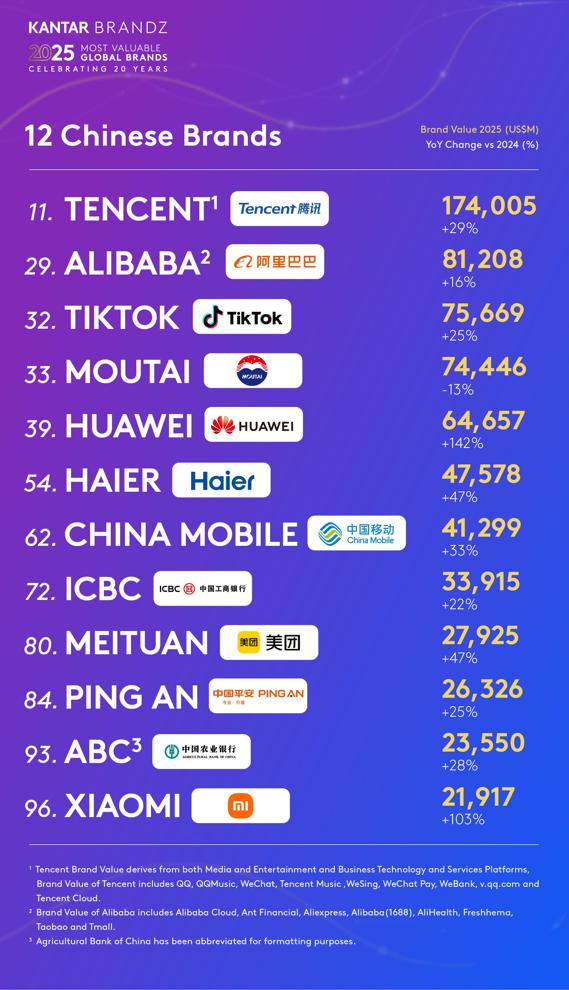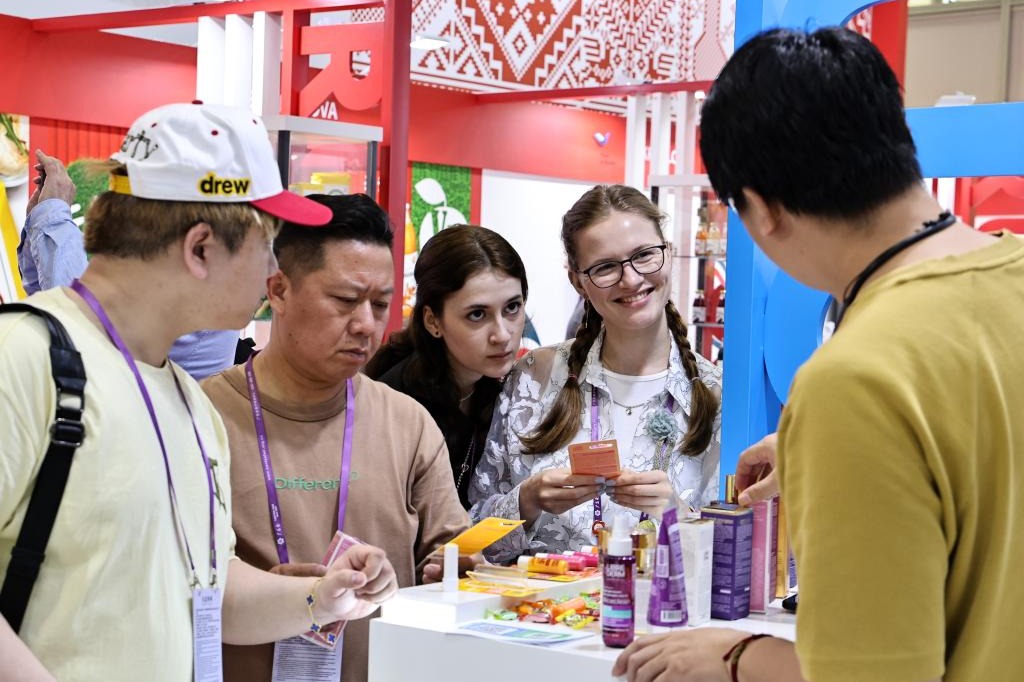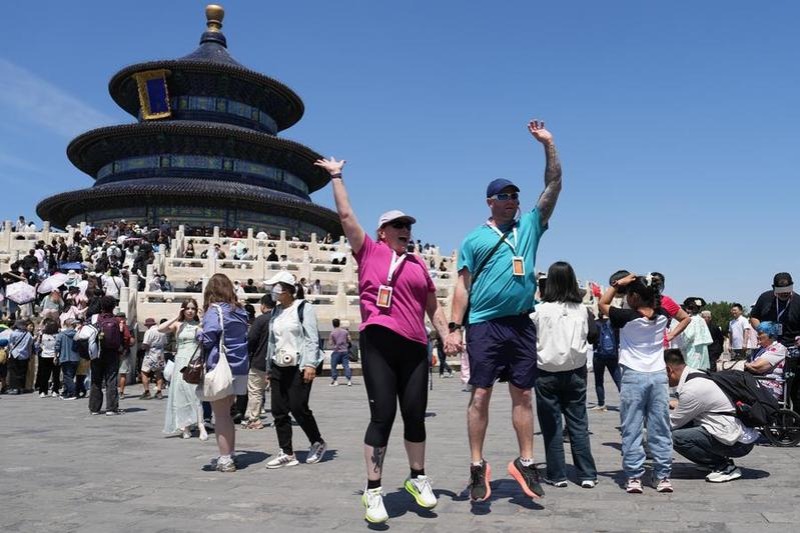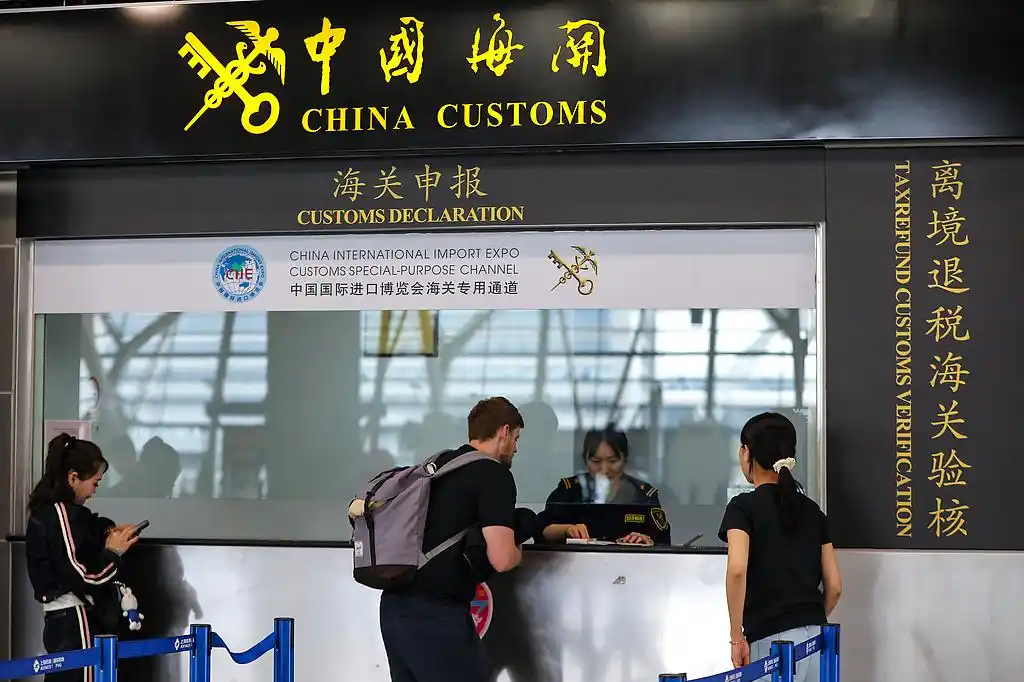Chinese brands see impressive growth in global brand value rankings


The total value of Chinese brands listed among the 2025 top 100 most valuable global brands has surged by 26 percent year-on-year. This growth rate marks the world's second-highest, showcasing China's remarkable market vitality and brand power on the global stage, according to a recent report released by the consulting firm Kantar in Shanghai.
The report highlighted that Chinese brands have demonstrated outstanding performance in global competitions, with Tencent leading the Chinese brand camp by securing the 11th spot on the ranking, followed by Alibaba and TikTok.
Moutai claimed the 33rd place on the ranking while maintaining its position as the world's most valuable alcohol brand. Leveraging its focus on the high-end market, Moutai showcased resilience and strategic positioning in a competitive landscape.
The 2025 global top 100 brands collectively reached a record high brand value of $10.7 trillion, signaling a substantial year-on-year increase of 29 percent. This growth was primarily attributed to tech-empowered brands, which have been instrumental in driving value across various sectors over the past two decades.
The release of the 2025 ranking coincided with a ceremony celebrating the 20th anniversary of Kantar BrandZ Most Valuable Global Brands. Data from the firm indicated that Chinese brands have doubled their value over the past two decades, now accounting for 6 percent of the total value of the global top 100 brands. In comparison, US brands currently make up 82 percent of the total value, a significant increase from 63 percent in 2006.
Furthermore, the report highlighted trends in the retail sector, which continued its upward trajectory since 2022. Overall brand value in the retail sector saw a notable 48 percent increase, driven by the growth of e-commerce and the rising popularity of private labels that cater to consumer preferences.
Conversely, the alcohol sector faced challenges from reduced consumption, particularly among younger generations who prioritized health and wellness over alcohol consumption.




































